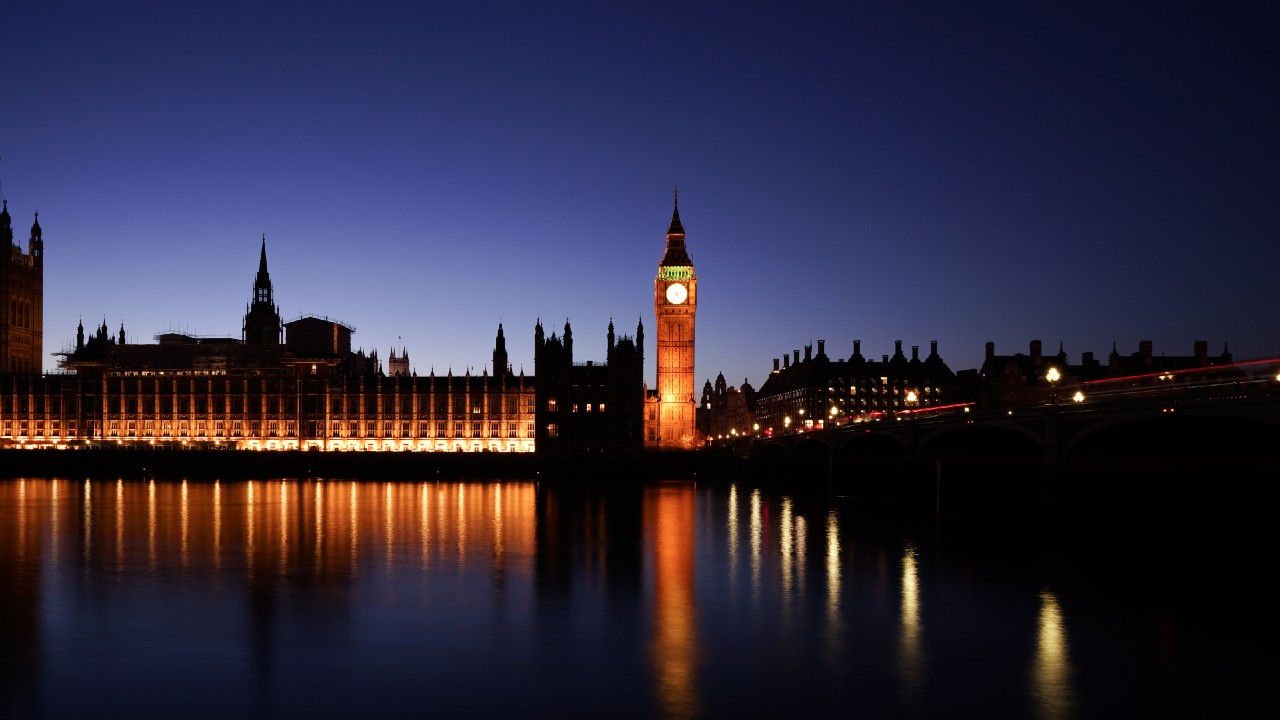Overall, the UK has failed to make progress in preventing the tobacco industry from interfering in policy and legislation, according to the latest global rankings.
While the UK continues to compare favourably to many of the 79 other countries surveyed, there is still work to do to raise its performance to the level reported in 2019, when it ranked first.
So-called CSR
Researchers found that the UK continued to offer tobacco companies opportunities to use so-called corporate social responsibility (CSR) programmes to open the door to government officials and policy makers, particularly in areas of significant public interest such as environmental pollution and COVID-19. Also of concern is the growing use of industry front groups, and the difficulty of identifying their role in lobbying and influencing policy.
UK Tobacco Industry Interference Index
The UK research, published today in the UK Tobacco Industry Interference Index (UKTI), was led by the Tobacco Control Research Group at the University of Bath in collaboration with Action on Smoking and Health (ASH), ASH Scotland, ASH Wales and Cancer Research UK (CRUK).
The UKTI forms part of the Global Tobacco Index (GTI), which, this year, ranks 80 countries based on how well they implement and comply with the obligations of a global health treaty, known as the World Health Organization Framework Convention on Tobacco Control, which prevents tobacco industry interference with governments.
The UK scored 32 out of a possible 100 – compared to 26 in 2019 – in the ranking where the lower the score, the better a country is faring.
Areas of concern
The Index shows several key areas of concern in the UK:
- tobacco companies conducting CSR activities via informal parliamentary groups and by lobbying. In the case of COVID-19, this was in response to direct requests from government
- despite Foreign and Commonwealth Office guidelines to the contrary, UK diplomats engaging with the tobacco industry in low- and middle-income countries
- a lack of transparency across government departments about their interactions with the tobacco industry, with inconsistent and insufficient requirements for reporting between different departments
- no general requirement for the tobacco industry and affiliated entities to register with the government, which is of particular concern given the industry’s growing use of third parties
Dr Raouf Alebshehy, monitoring coordinator for the Tobacco Control Research Group at the University of Bath and the lead researcher for the UKTI, commented:
‘The UK’s policy-making system accepts stakeholders’ submissions in some instances, allowing tobacco companies to present opinions. In such cases, as a minimum, who said what must be clearly documented and made public. Submissions from the tobacco industry can’t be equated with submissions from health advocates. This is not a level playing field.’
Deborah Arnott, chief executive of ASH, said:
‘Yet again the annual Global Tobacco Index demonstrates that the UK is doing well by comparison with many other countries in preventing the tobacco industry from interfering in tobacco policy. However, more importantly, the specific UK Tobacco Industry Interference Index shines the spotlight on the areas where the UK can and should be doing better.’
Sheila Duffy, chief executive of ASH Scotland, said:
‘Tobacco is the single most damaging consumer product on the market, and the corporate multi-nationals who promote it and profit from it have long and well-documented track records of deceit and attempts to interfere with proposed public health measures. The Westminster and Holyrood Governments must up their game on transparency about tobacco industry funded attempts to influence public health policy, and reject any suggestion that the industry and its vested interests are valid health stakeholders or partners.’
Suzanne Cass, chief executive of ASH Wales, said:
'Recent activities in Wales show that the tobacco industry is not beyond interference at a grassroots level. ASH Wales will be working to ensure any campaigns funded by the tobacco industry are not endorsed or supported by Welsh Government or its officials. As Wales embarks on a robust campaign to reduce demand and drive down illegal tobacco sales, it is imperative that the tobacco industry is not given the opportunity to interfere. The tobacco industry still holds significant swaying power: we must continuously ensure that this does not influence policy on a local or wider level.'
Michelle Mitchell, chief executive of Cancer Research UK, said:
‘It’s disappointing to see that the UK has not managed to regain its leading position in preventing the tobacco industry from interfering in policy-making. Given the industry’s long history of subverting public policy for its own vested interests, we need our government to increase transparency, and ultimately limit interactions with these companies.
‘As highlighted by the recent takeover of Vectura by PMI, going forward it will also be essential for the government to step up its adherence to the WHO FCTC to ensure that Big Tobacco’s expansion into the health sector doesn’t permit it a seat at the policy-making table.’

